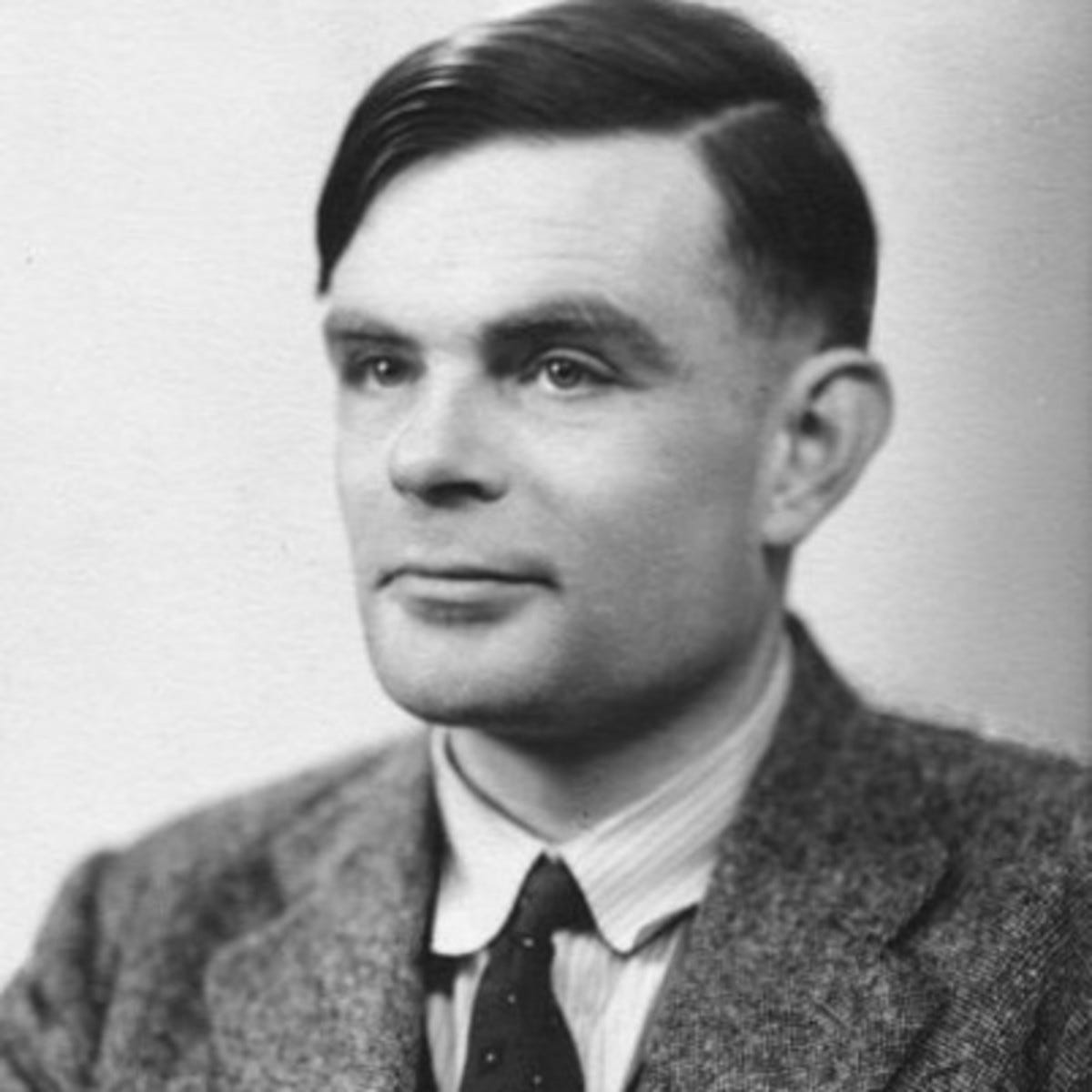Alan Turing's letter to Norman Routledge before chosing chemical castration
"Your's in distress, Alan"
The Quotatist is a curated newsletter of insightful quotes and passages from interesting books and historical letters
Notable Quotes of Quotable Notes : That is the question 😊
Alan Turing, the father of modern computing and the founder of the Turing Test, was charged with gross indecency after admitting to a sexual relationship with another man in 1952. As a result, he was told to choose either imprisonment or chemical castration as punishment. He chose the latter. Alan Turing was found dead on June 8th, 1954, a day after taking his own life. He was aged just 41.
Shortly before pleading guilty, Turing wrote this letter to his friend and fellow mathematician Norman Routledge.
Source: Link
“My dear Norman,
I don’t think I really do know much about jobs, except the one I had during the war, and that certainly did not involve any travelling. I think they do take on conscripts. It certainly involved a good deal of hard thinking, but whether you’d be interested I don’t know. Philip Hall was in the same racket and on the whole, I should say, he didn’t care for it. However I am not at present in a state in which I am able to concentrate well, for reasons explained in the next paragraph.
I’ve now got myself into the kind of trouble that I have always considered to be quite a possibility for me, though I have usually rated it at about 10:1 against. I shall shortly be pleading guilty to a charge of sexual offences with a young man. The story of how it all came to be found out is a long and fascinating one, which I shall have to make into a short story one day, but haven’t the time to tell you now. No doubt I shall emerge from it all a different man, but quite who I’ve not found out.
Glad you enjoyed broadcast. Jefferson certainly was rather disappointing though. I’m afraid that the following syllogism may be used by some in the future.
Turing believes machines think
Turing lies with men
Therefore machines do not think
Yours in distress,
Alan”
About Alan Turing: The Enigma:
It is only a slight exaggeration to say that the British mathematician Alan Turing (1912-1954) saved the Allies from the Nazis, invented the computer and artificial intelligence, and anticipated gay liberation by decades--all before his suicide at age forty-one. This classic biography of the founder of computer science, is the definitive account of an extraordinary mind and life. A gripping story of mathematics, computers, cryptography, and homosexual persecution, Andrew Hodges's acclaimed book captures both the inner and outer drama of Turing's life. Hodges tells how Turing's revolutionary idea of 1936--the concept of a universal machine--laid the foundation for the modern computer and how Turing brought the idea to practical realisation in 1945 with his electronic design.


